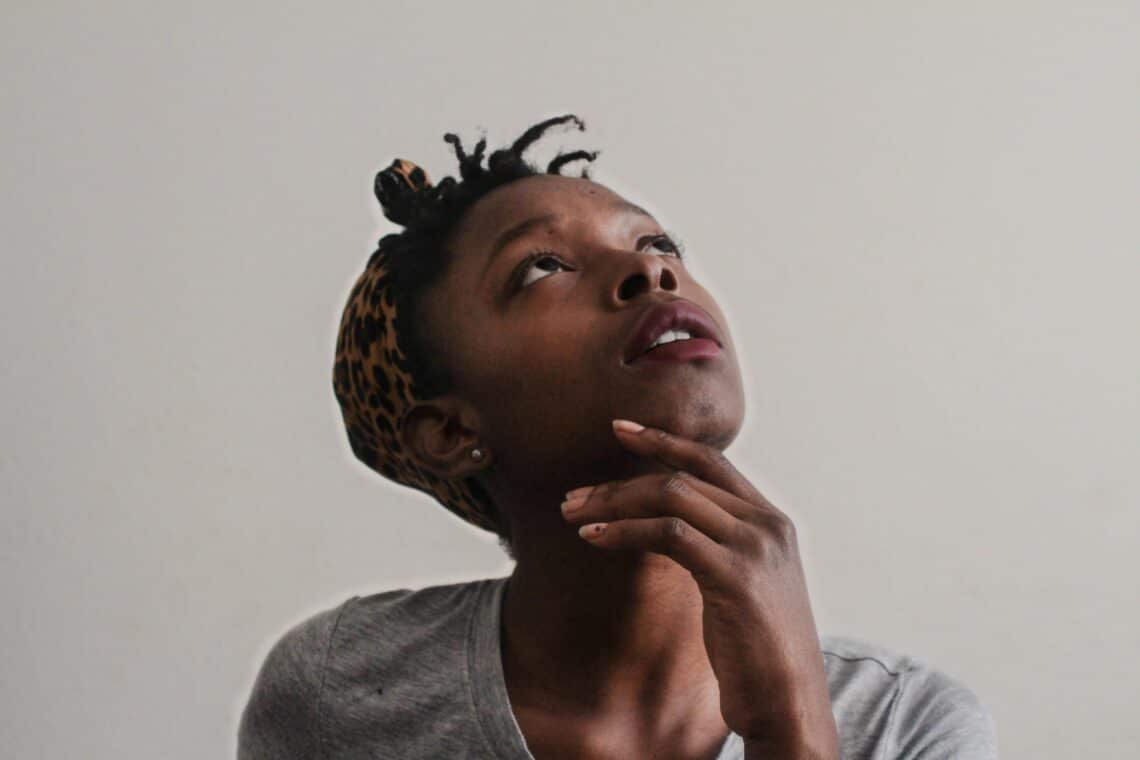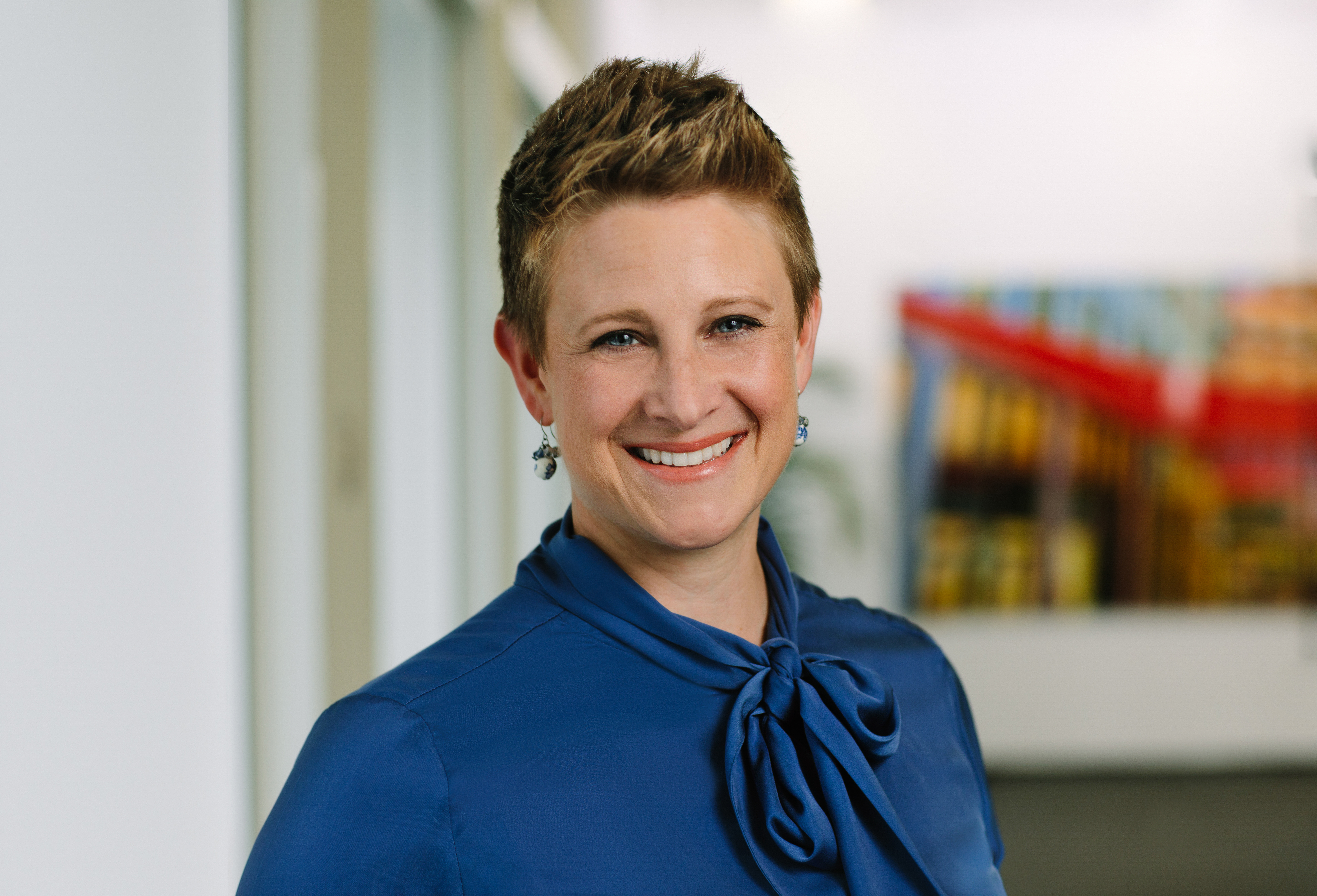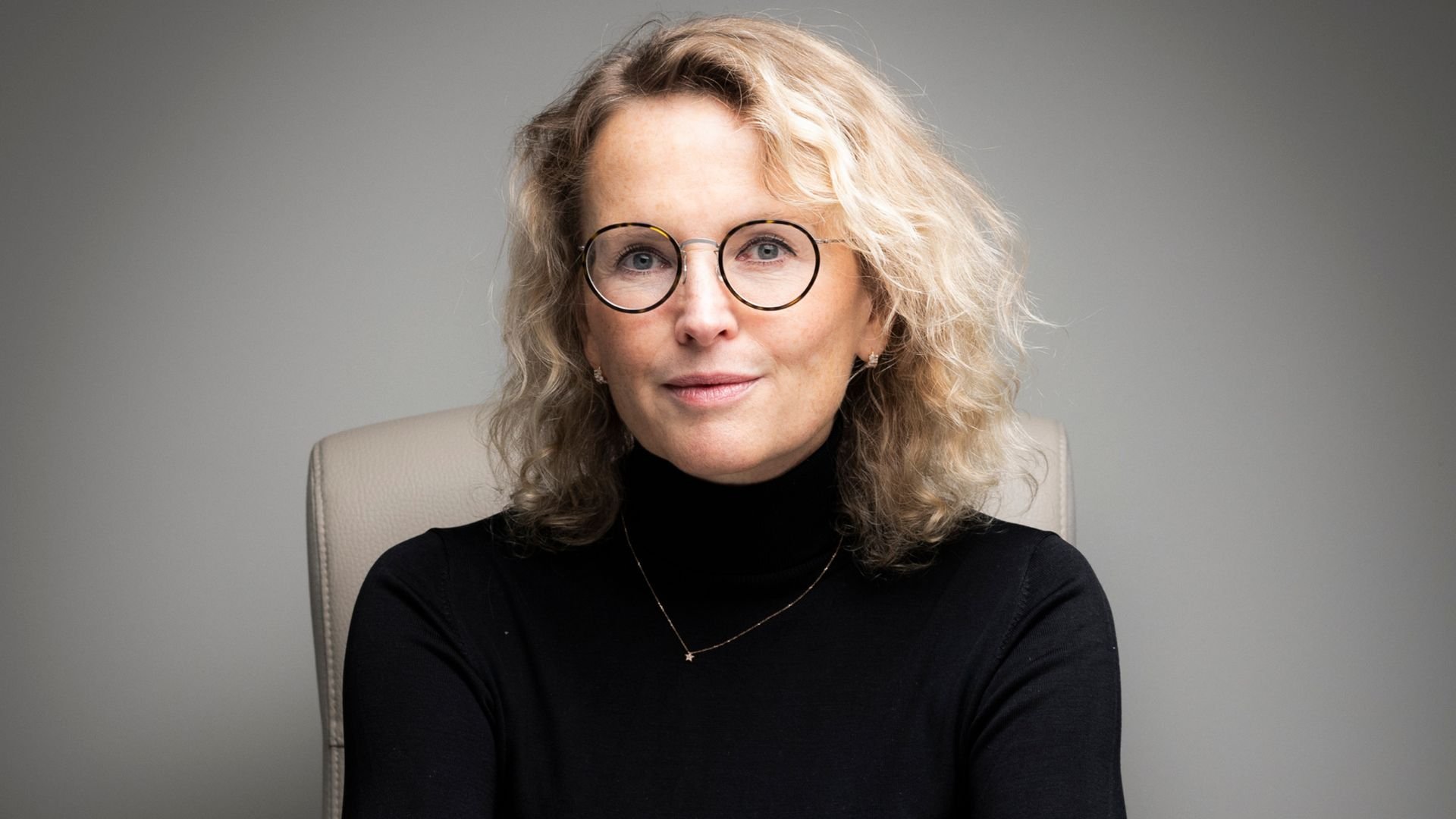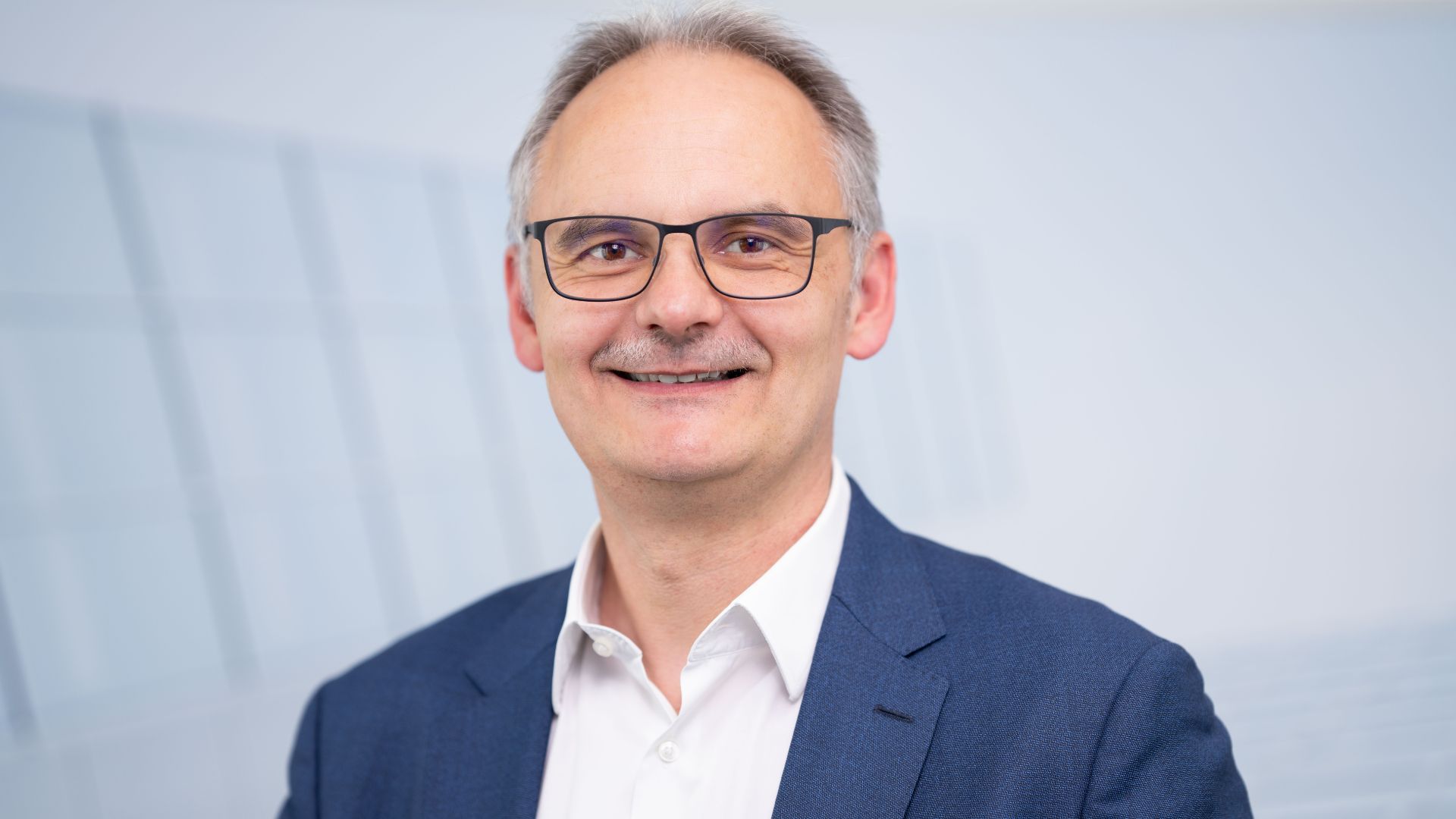May we introduce: Laura Wirtz from ING-DiBa
Working in the FinTech sector is like coming and going, requires a high degree of professionalism in a thoroughly relaxed working environment and is above all characterised by innovations as well as good, clever and future-oriented ideas, according to the widespread consensus. But who are actually the brains and doers behind these creative thought processes, at the interface between finance, digital technologies and entrepreneurship? In our Series The faces of the FinTech industry we regularly ask a person from the payment and banking industry the same ten questions. This time Laura Wirtz answers our questions.
May we introduce…
During our everyday work we meet exciting people who work in the same environment, who we meet only once or from time to time or who we have already grown very fond of in our private lives – each of them has a story of their own. We have a few of these People from our nearest FinTech environment to give them a face. To share why this industry is much more to them than just another way to pay their rent. We would like to briefly portray and introduce these people and their vita in a very special category and have designed a questionnaire that is always the same.
This time Laura Wirtz answers our questions. Laura is Head of Strategy of the company;ING-DiBa AGthe largest direct bank in Germany with over 9.5 million customers in 2020.
Who are you, what do you do?
Laura Wirtz, Lead Daily Banking & Payments – everything around the daily banking business like account & card, but also payments from classic to digital and mobile. FinTechs play a major role here.
What does a classic day in your life look like?
Before Corona, it was an early start at just after 5am – taking the dog out for a walk, taking a shower, preparing breakfast, waking up the kids and getting ready for school and then taking the (hopefully punctual) train to the office. Currently I don’t get up that early anymore, as we still work almost exclusively from home. The rest of the day is always filled with appointments on a wide variety of topics – from listening to concerns of various kinds, prioritizing current projects to developing new strategic ideas.
I really enjoy the exchange with many different people on very different topics! When I come home in the evening – or when I go back downstairs from my attic office – my family is usually waiting impatiently to tell me about their experiences.

What were your first contacts with the payment and banking industry?
I did a classical apprenticeship in a bank after graduating from high school – actually because my girlfriend’s father, who was a banker himself, said that you don’t do anything wrong there. Speaking for me, he was certainly right. The great thing about the apprenticeship was that you really get to know the bank from the ground up – and that’s where payment transactions play a decisive role. After my training, I went into corporate banking and worked for a long time in the Payments & Cash Management department. Since then, the subject has never left my mind.
When did you first notice the word FinTech?
Honestly, when I started as a business manager for our then CEO. Before that, the word used to haunt me somewhere through press articles I’d read. But I didn’t really notice it before.
How do you define FinTech?
I would describe FinTechs as dynamic, innovative companies that offer new, mostly technology-based solutions in the financial sector, with the aim of improving the customer experience in the long term and, in their view, closing existing gaps in the offerings of established players.
What do you think established companies do better than FinTechs?

As we are in a highly regulated market, established companies are usually already very experienced in operating within the regulatory framework and setting up processes accordingly. This often helps when it comes to bringing new things into the market. But it can also be a disadvantage if processes are too restrictive and there is no room left to think in new and innovative ways and try things out.
What can you learn from FinTechs?
I am always fascinated by how much the teams I meet at Fintechs are convinced of their product or service, how much they are passionate about the cause. Unfortunately, many companies of a certain size lose that – that clear view of why we do it and what we work for every day. FinTechs simply have a very strong focus on a common goal.
Why do established (large) companies find it so difficult to go digital?
Established companies usually have the problem that they do not build new buildings on greenfield sites, but have certain (technological) conditions. To work with these or to bring them into a digital world is a real challenge. Not to mention the cultural challenge of convincing people that it is sometimes right and important to think things over again. In addition, such a transformation process takes a long time and is often painful. Unfortunately, only few managers have the courage to tackle this and to really hold out.
What would you do professionally if you were not working in the payment and banking industry?
Newsreader for the news – that’s what I wanted to become as a child.
What are you proud of?
To my family and to how we have been finding a way together for years to combine professional success and family.
Why aren’t there more women in the tech industry?
Because the world does not change overnight and many women still believe that they do not understand technology. It starts at school and goes on – girls are still pushed into the typical roles, boys as well. And there boys play with Lego technology and girls play with Lego friends. That can’t be changed so easily later.
„There are so few women in the Fintech industry because the world does not change overnight and many women believe that they do not understand technology.“
Which company would you like to work for one day?
In the emergency room of a large hospital. I have incredible respect for the fact that the staff there have to make ad hoc decisions every day, which sometimes have far-reaching consequences. When I make decisions, the consequences are far less far-reaching – and yet I too sometimes find it difficult to make decisions. Then I always remind myself what the worst thing that could happen would be. And for me that is just less consistent. How to deal with this pressure and this responsibility would really interest me a lot.
Who would you like to have a beer with?
With Zsuzsa Bánk – I really like her books!






